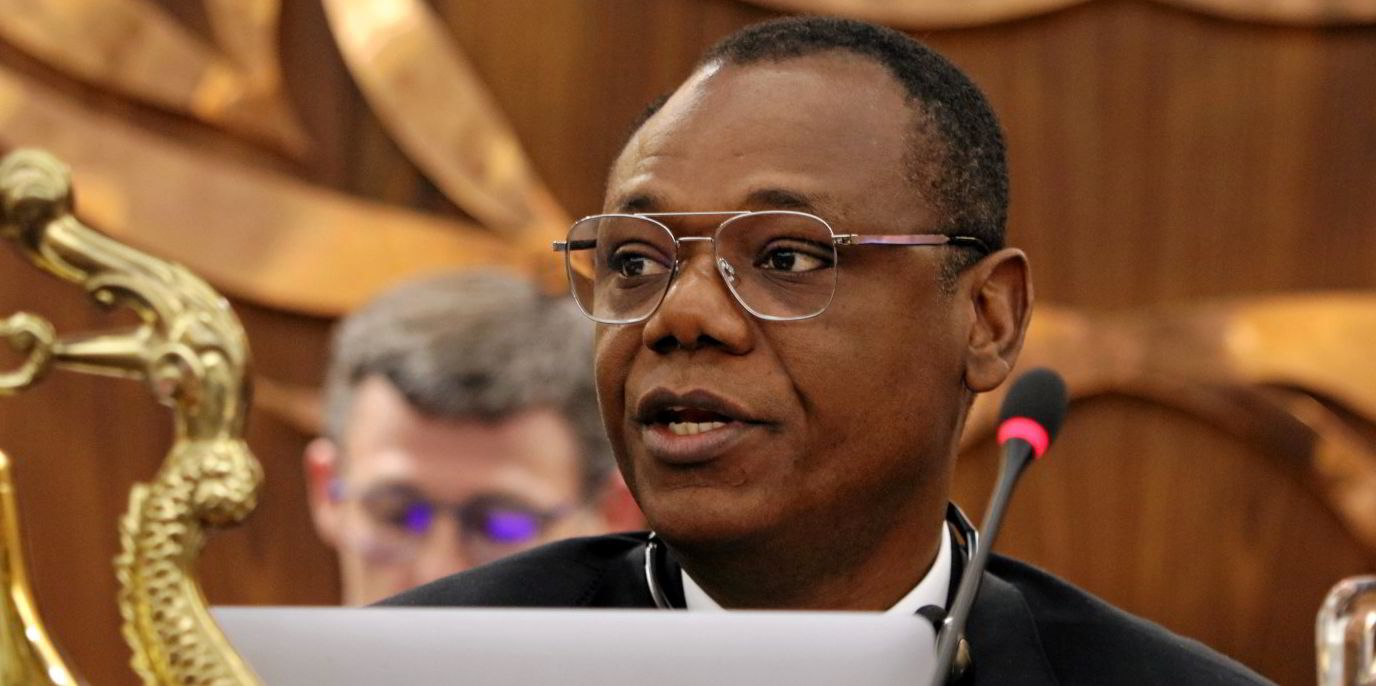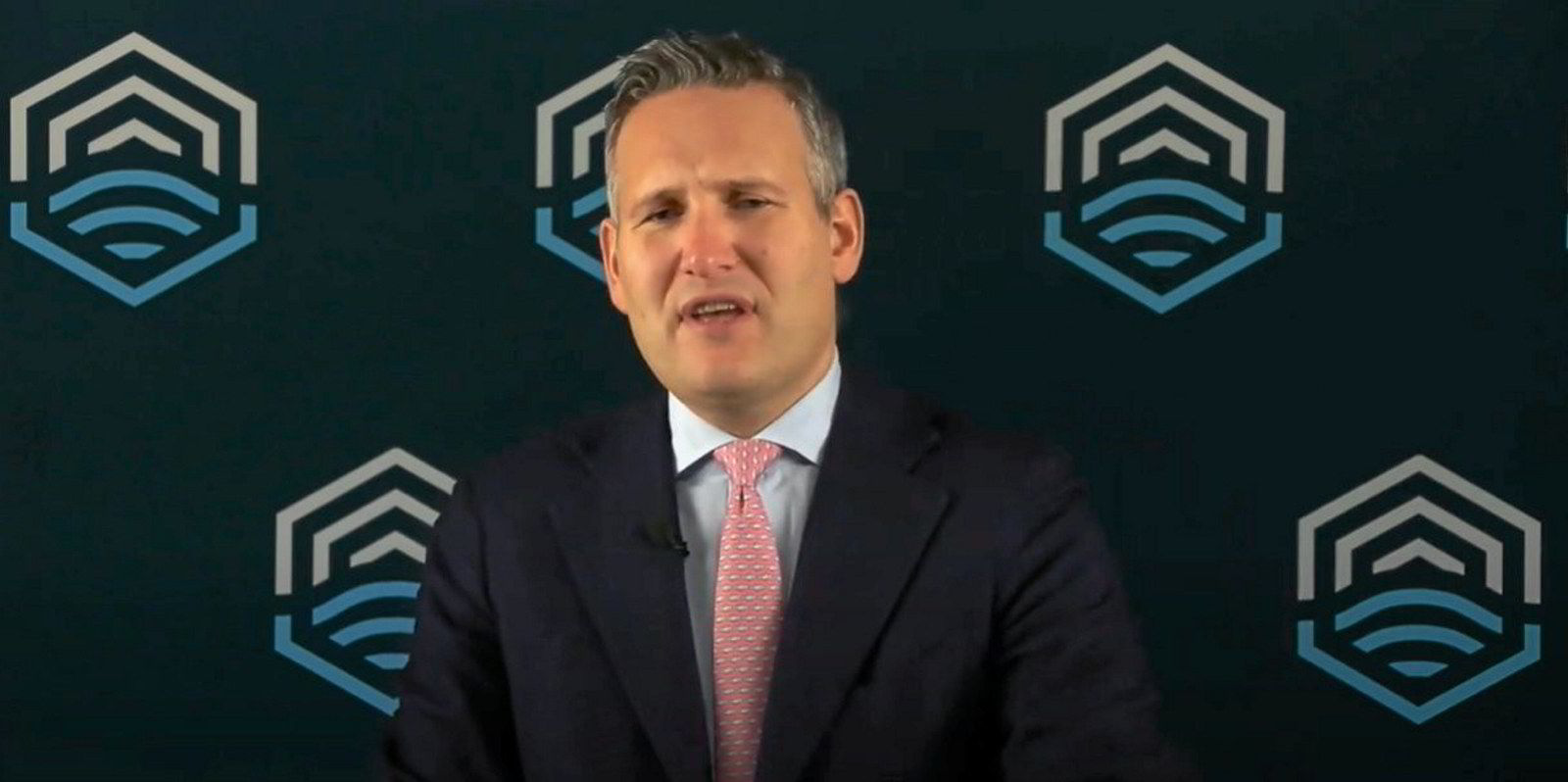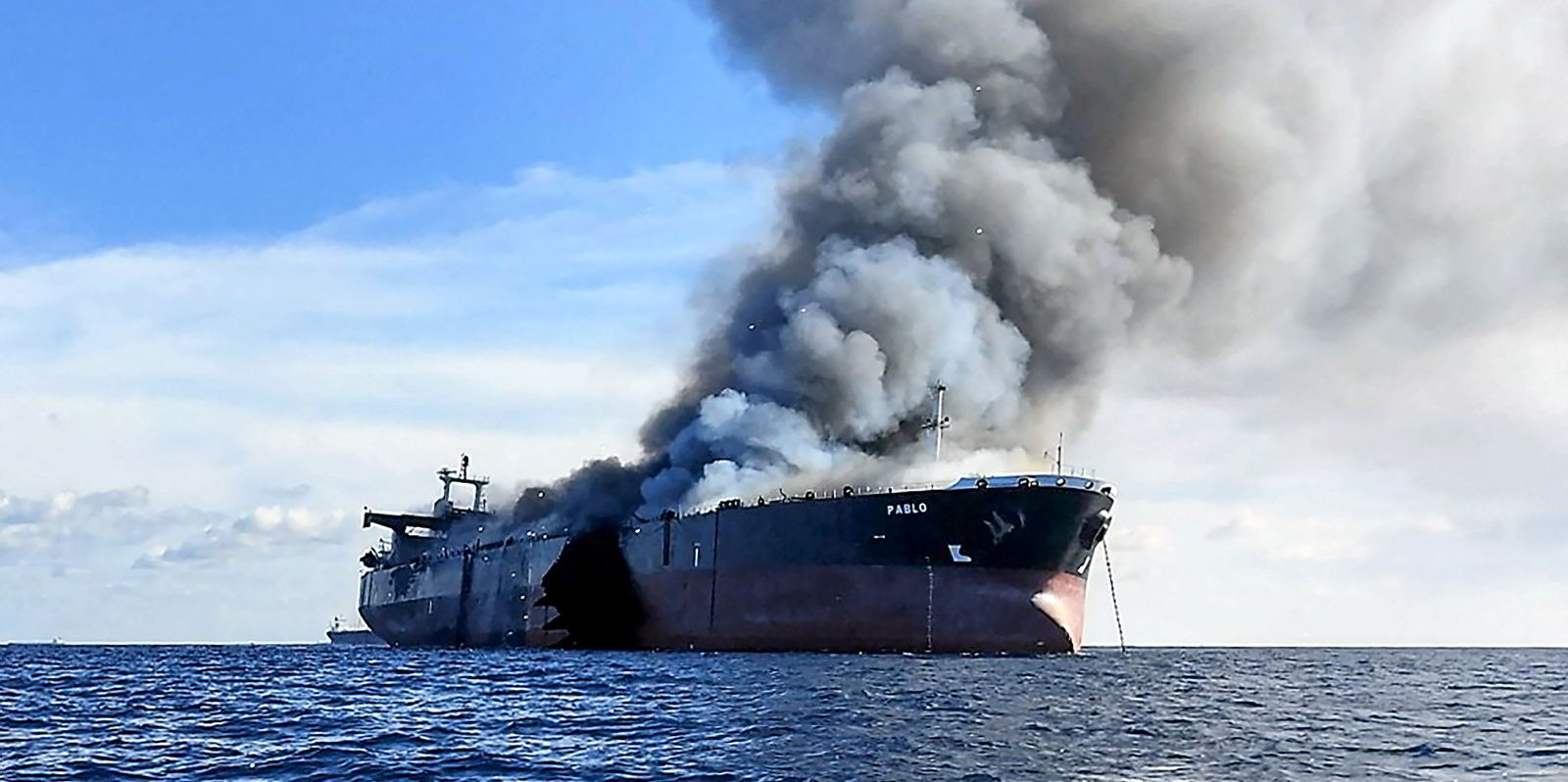Senior shipping policymakers — including an International Maritime Organization official — urged tougher action to tackle the growth of the “dark” fleet and prevent the creation of others in the future.
“We should be concerned about the dark fleet … the IMO is definitely concerned,” said Harry Conway, chairman of the shipping regulator’s marine environment protection committee at TradeWinds Shipowners Forum on Tuesday.
The increased use of outdated ships with unclear ownership to carry the oil of sanctioned countries, such as Russia and Iran, is impacting flag control and insurance arrangements, and increasing the risk of maritime accidents and the burning of dirty fuels.
“If you have players, elements within the industry, that try to circumvent the rules, then it is a problem,” Conway said.
“The IMO is definitely concerned, the legal committee … is trying to address it,” Conway added, citing environmental and safety risks.
Christopher Wiernicki, chairman and chief executive of classification society ABS, concurred: “Safety is the mantra of our industry and the dark fleet that we’re seeing right now has, quite frankly, a completely different perspective on risk compared to what we’ve all really worked hard to build up in the rest of the industry.”
“Oil spill is simply regarded as collateral damage,” he added.
Nikolaus Schues, president of Bimco and chief executive officer of F Laeisz, saw a silver lining in the fact that, despite its growth and huge financial incentives, the dark fleet remains a tiny minority of the industry.
“If you have less than 1% in the dark fleet, you have 99% of the world fleet [outside], I think that is a strong signal for the success of the compliance of our industry,” he said.
“This shadow fleet is a very temporary thing … we’re all very hopeful the Ukraine issue will come to an end and this grey fleet will disappear,” Schues said.
However, another panellist said measures must be taken to ensure other dark fleets do not emerge in the future.
“There has to be a post-Ukraine new order of shipping that addresses these issues so that the creation of a shadow or dark fleet simply won’t happen again,” said Michael Parker, global head of shipping and logistics at Citi.
The growth of the dark fleet is at odds with wider developments in shipping, in which good behaviour is increasingly appreciated — not least financially.
Star Bulk Carriers chief strategy officer Charis Plakantonaki said: “We haven’t seen our results being impacted by the lack of accountability and transparency around us.
“The reason is that the world is moving towards that direction. Doing good and doing business the right way is being rewarded by our stakeholders,” she added.






